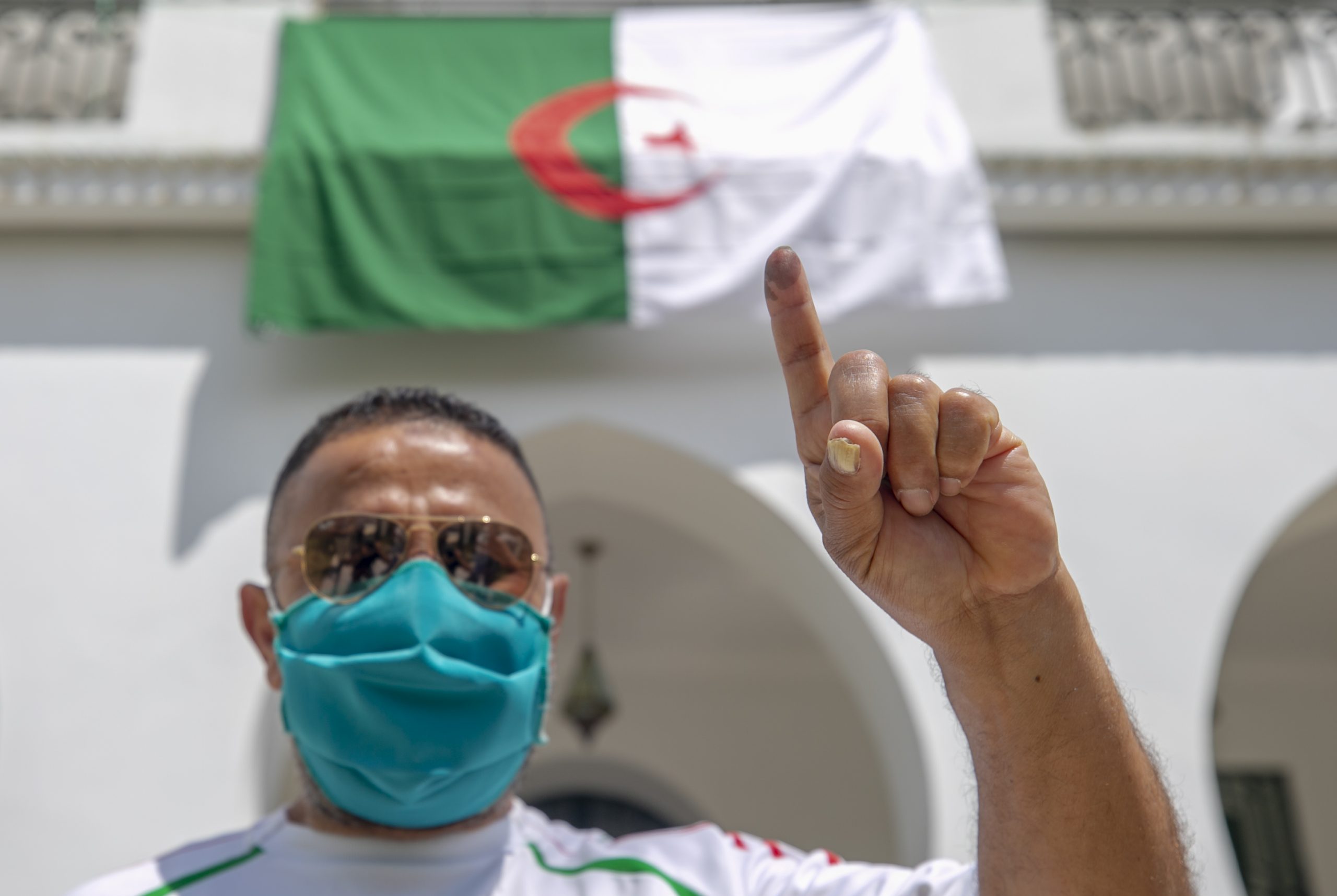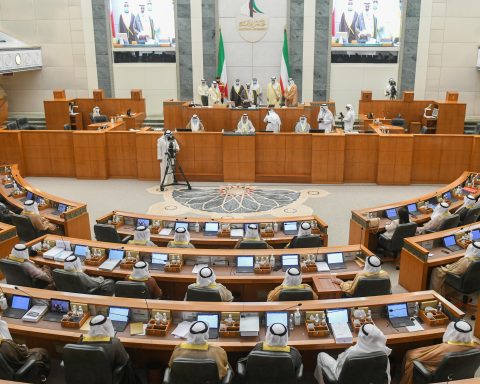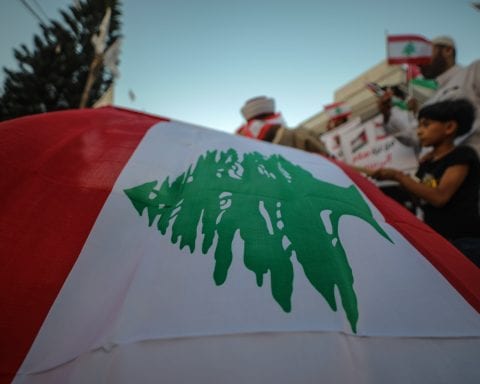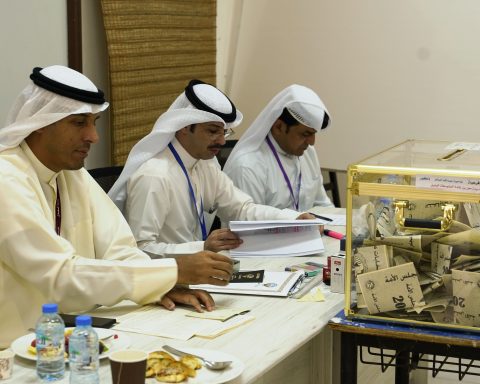Algeria is at the polls today, under the shadow of a new electoral system and a vibrant political atmosphere, two years after Abdelaziz Bouteflika ended his 20-year rule with the verbal intervention of the military in the face of mass widespread protests in 2019.
A few months ago, a ‘open list’ election system was implemented to enable voters to choose the order from among the lists of candidates. It was explained in this way that the objective was to boost representation. More than 24 million registered voters, over half of its 43 million inhabitants, are enrolled in Algeria, the rich hydrocarbon nation of North Africa. In the National People’s Assembly, the country will elect 407 people to represent.
Algeria has gone through many changes quickly after the 20-year rule of Abdelaziz Bouteflika ended in 2019 with mass popular protests and military intervention. At the signal of the military, influential figures, including prime ministers, ministers, and business “oligarchs” who held high-level positions during the Bouteflika era, were arrested for crimes such as public harm and corruption. Abdelmadjid Tebboune, one of the former prime ministers, took the presidency by winning the elections held in December 2019 in an atmosphere of mass public protests.
The constitutional amendment, dubbed “the key to the new age” by Tebboune, will be presented to a public vote in November 2020. Following its approval by a referendum, barely one-quarter of the voters took part in the constitution because of the new form of coronavirus (Covid-19) epidemic. The next move towards early elections was taken by President Tebboune. The lower parliamentary body, February National People’s Assembly has been dissolving Tebboune, who had been purging his names since Bouteflika assumed office and who has often voiced his desire to work with a new Assembly. He began the early elections with this step. Simultaneously, the leaderless protest movement Hirak, which removed Bouteflika from its seat, resumed its protests, which it paused in March 2020 due to the pandemic.
Tebboune, at a press conference after voting in the capital of Algeria, stated that he was optimistic about the turnout in the parliamentary elections. Noting that those who boycotted the elections are free in their attitudes, Tebboune stated that he would respect the election results while forming the government. Tebboune said, “We will take decisions that are in line with democracy, regardless of the election results.” used the phrase.
On the other hand, as Algeria struggled with the economic consequences of the pandemic, Hirak demonstrators and other political groups called for a boycott of the elections, describing the elections as “a change in the regime’s showcase.”
The biggest obstacle to the regime is the participation rates in the elections. Low turnout rates marred the last two ballot boxes brought before the people by the government in Algeria. While the turnout in the December 2019 presidential elections, which brought President Tebboune to office, remained at 39.88 percent, the lowest turnout rate in the country’s history was recorded in the constitutional referendum in November 2020, with 23 percent.
In summary, the experts state that the early general election is expected to be an essential stage of the change process in Algeria. Although boycott calls and epidemic conditions affected this wave of change, it is foreseen that a new process will be started with the new election system and transparency practices. In addition to the practices that pave the way for independent candidates in the new electoral system, it is considered inevitable that the open list election system will bring a multi-part structure to the parliament.
The other wing that is expected to come to the fore in Algeria is the Islamic leaning parties. It is reported that the Movement of Society for Peace (MSP), the leading party of the Islamic wing, which has been involved in politics in Algeria until today but has not played a central role, can increase its votes in these elections.














